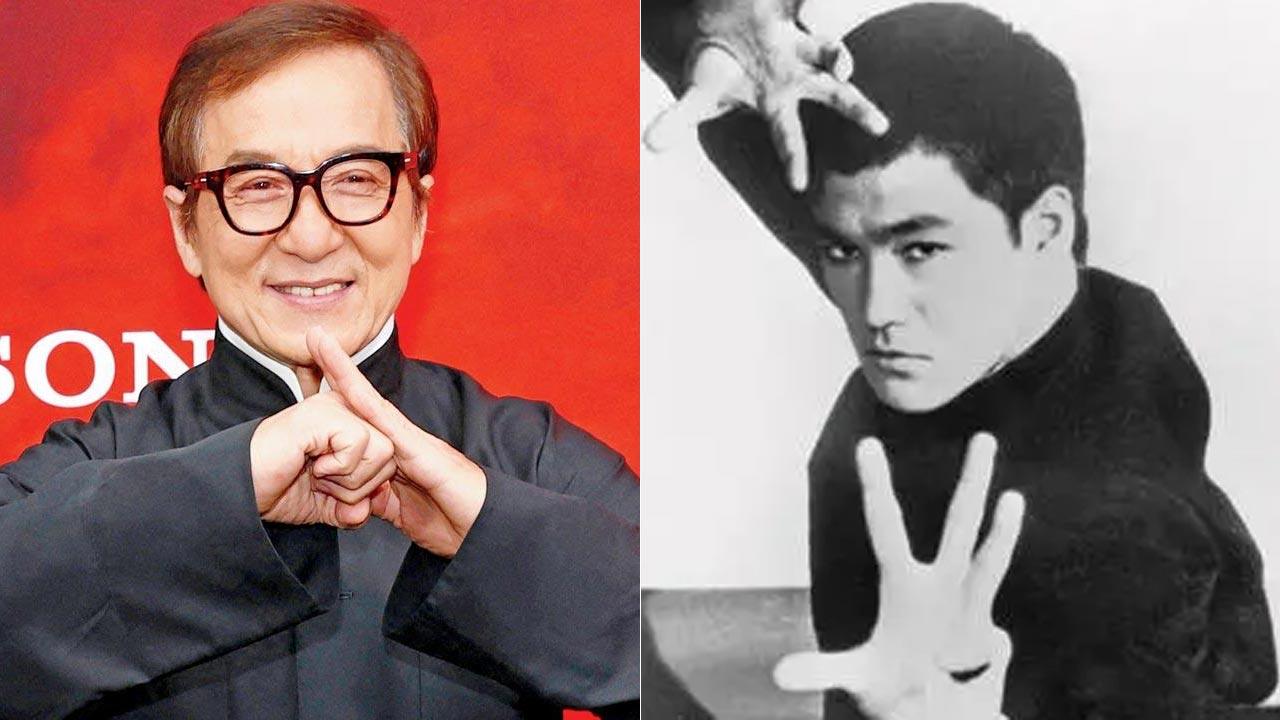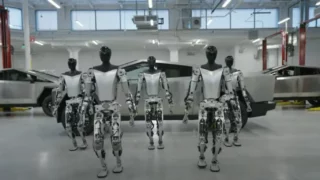China has begun to use AI technology extensively in the cinema sector. The China Film Foundation, affiliated with the Chinese government, is using AI to reinterpret 100 classic kung fu films starring legendary actors such as Jackie Chan, Jet Li and Bruce Lee.
Cult films such as “Police Story,” “Once Upon a Time in China” and “Fist of Fury” will be re-presented to young audiences. The project is planned to bring new life to the film with different narrative techniques, including animation.
100 kung fu films are being revamped
As part of the project, director John Woo’s 1986 film “A Better Tomorrow” will also be reworked with AI. The aim is for the AI-powered version of the film to be told in a different way, while remaining faithful to Woo’s original visual language. Zhang Pimin, Chairman of the China Film Foundation, said that the project will bring new life to classic films with technology.

The extensive use of AI is a serious topic of discussion in Hollywood. The Directors Guild (DGA) stated that AI should be limited to contributing to the creative process and that they are against using it in a way that harms the integrity of the works. The DGA’s statement emphasized that any technological intervention that changes a director’s vision or takes the film away from its original meaning is clearly rejected.
China’s announcement regarding the project came as a surprise to some individuals and institutions, including Bruce Lee’s family. A Bruce Lee Enterprises spokesperson stated that they were not informed about this development in advance and that they have started to collect information.
Similarly, John Woo, the director of the film “A Better Tomorrow”, stated that he was not included in the project, that the rights had changed hands and that he was unfamiliar with artificial intelligence technology. Nevertheless, he said that he was curious about what the outcome would be. David Chi, one of the foundation’s project officials, stated that Jackie Chan was aware of the project and that the talks were ongoing.
In China, artificial intelligence is currently used in many areas such as script development, content control, automatic translation and recommendation systems. He Tao from the China National Radio and Television Administration stated that AI can complete visual effects in post-production processes in hours instead of days. There is increasing interest in AI among public institutions, content platforms and production companies working in different areas of the film industry.
Supporters of the project stated that AI will not only strengthen the cultural narrative, but also provide an opportunity to increase China’s influence worldwide. The new AI-generated version of “A Better Tomorrow” was completed by a team of just 30 people. This number is significantly lower than a traditional animation production.
Tian Ming, president of Shanghai Canxing Culture & Media, announced that they have allocated $14 million to the project and shared copyrights, content platforms and adaptation permissions with international partners. Stating that there is no revenue sharing limit, Tian said they want to produce richer and more diverse productions.
The reworking of kung fu films will not be limited to the cinema field. A martial arts video game is also planned to be developed. Chinese authorities aim to offer viewers experiences such as entering a fight scene in a bamboo forest in new animation environments created with the help of AI.
With this project, China is both updating its cultural heritage with new technologies and making AI’s impact on cinema visible. In this period when Hollywood is hesitant in areas surrounded by unions and laws, China is following a freer and more direct path. While unions in the US are warning about the effects of AI on copyrights and labor, there are no such protection mechanisms in China. This allows for more radical steps to be taken in the use of AI.
While some Hollywood studios are keeping their distance from collaborations with AI, giant companies such as Disney and Universal are filing copyright lawsuits against AI companies. These lawsuits continue with the claim that the images used in AI’s training are based on copyrighted content. In China, authorities state that they want to use AI to add “impressive realism” to films.
According to industry experts, China’s revisiting universally known content such as kung fu classics is a wise choice. It is both low-risk and offers high potential. China’s cinema industry has seen significant growth compared to the past. The Chinese box office, which used to be dominated by US productions years ago, is now overflowing with domestic productions. The Chinese animation “Ne Zha 2” was an indicator of this change with a global gross of $2.2 billion.
However, these Chinese-made films do not attract the same attention in the US market. In contrast, classic kung fu films are still popular around the world. According to experts, the language of action is universal and does not recognize language barriers. Therefore, China’s new AI-powered projects, It offers an important opportunity to reach a global audience.














